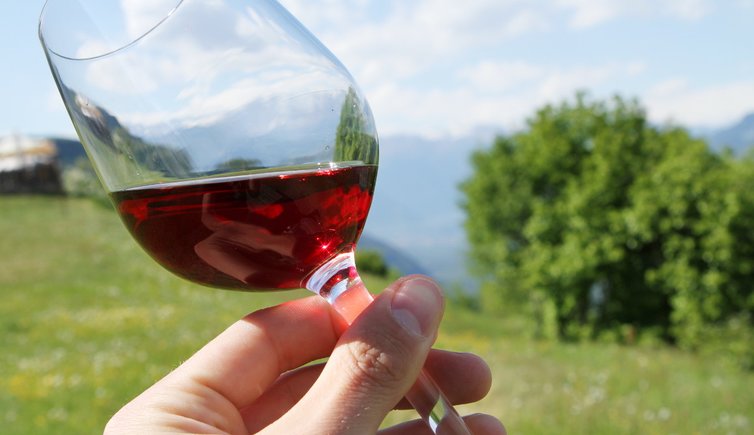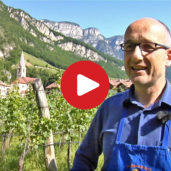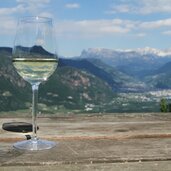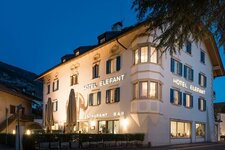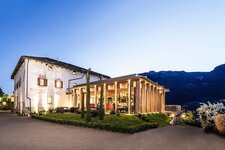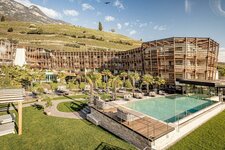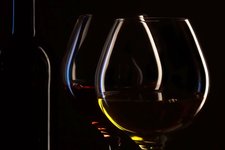Soil and climate as well as the work of the winegrower and of the cellar master influence the quality of the wine
The wine-growing tradition along the South Tyrolean Wine Road dates back to Roman times, more precisely to around 1000 AC, and has lasted over the centuries. Loose, well-aerated soils that warm up easily - above all calcareous soils and sediments resulting from ice-age moraines and rivers - contribute to the high quality of the local grapes, and also the climate influences and the amount of precipitation are favourable. In the north there are the Alps, creating a sheltering wall thus breaking the cold wind, and from the south you can clearly feel the gentle Mediterranean climate.
So the required constant temperature of 15 degrees C during the growth and the full ripening of the grapes is given in this area. Around 1,800 hours of sunshine per year often even allow an average temperature of 18 to 22° C (in July). These influences as well as the work of the winegrowers in the vineyard, which lasts from January to the vintage in autumn, and of the cellar masters in the vaults of the local wineries result in excellent South Tyrolean wines. The famous wine guide "Gambero Rosso Vini d'Italia" describes South Tyrol even as a "mighty reign of wine".
However, this does not refer to the extension of grapevines, but to the quality of the internationally appreciated wines in this area. Today, almost the whole vineyard area makes use of statutory protections, and for this reason, South Tyrolean wines are labelled with a high-quality indication of origin, which is called "Denominazione di origine controllata" (D.O.C. - literally: indication of checked origin). This includes a high quality standard based on clearly-defined and regularly controlled rules such as alcohol and sugar content or the number of grapes in the vineyard.
The vineyard area in South Tyrol covers more than 5,000 ha, 84% of which can be found along the Wine Road. There are many cultivated grape varieties, and they yield about 400,000 to 500,000 hectolitres of excellent wine per year - 36% of which are red and 64% white wines. There are even some grape varieties native to South Tyrol and commercially cultivated today, such as Vernatsch, the dominant red wine variety up to the end of the 20th century, and Lagrein. Gewürztraminer, however, which made the name of Termeno (Tramin) world-famous, is grown all over the world.
